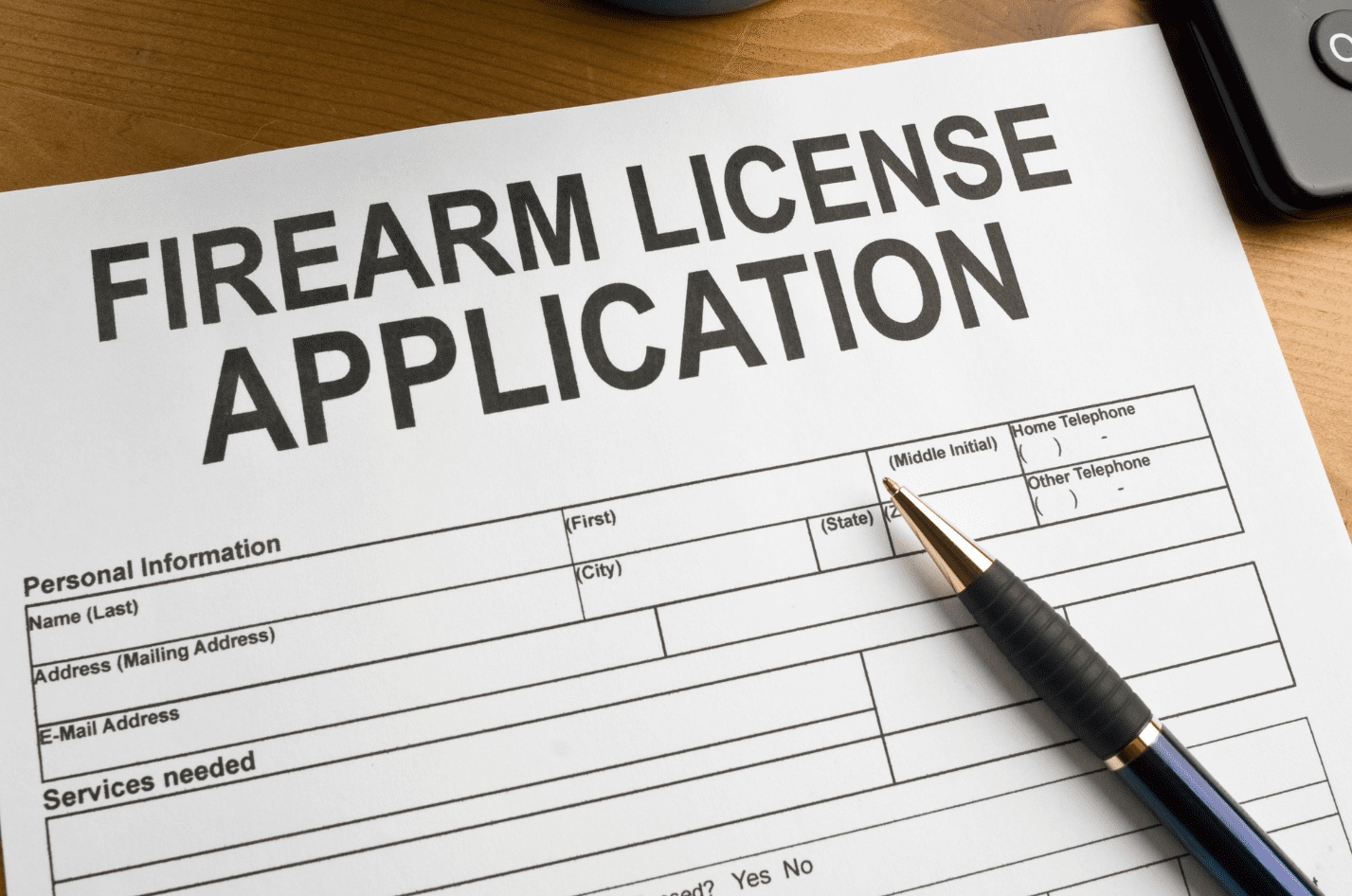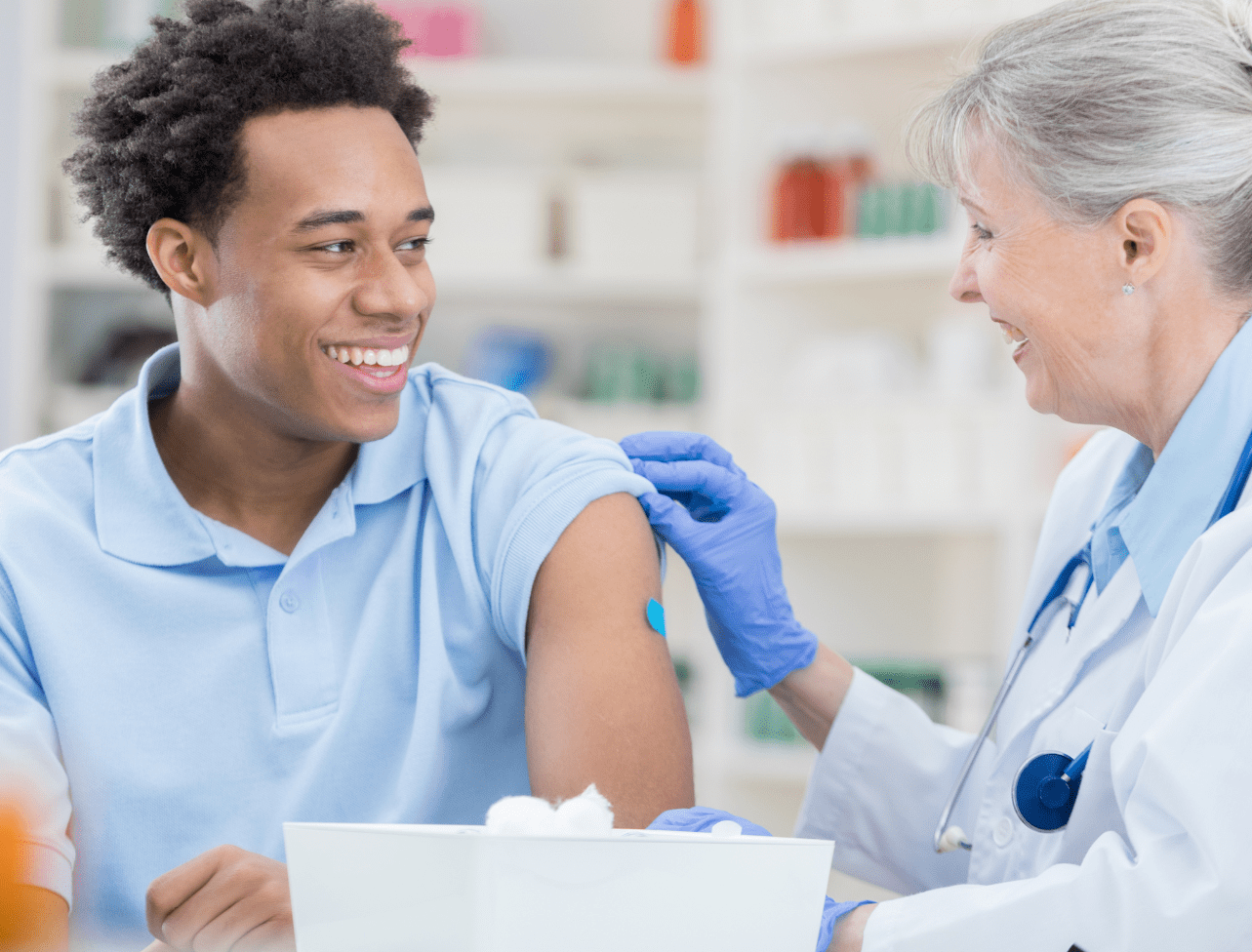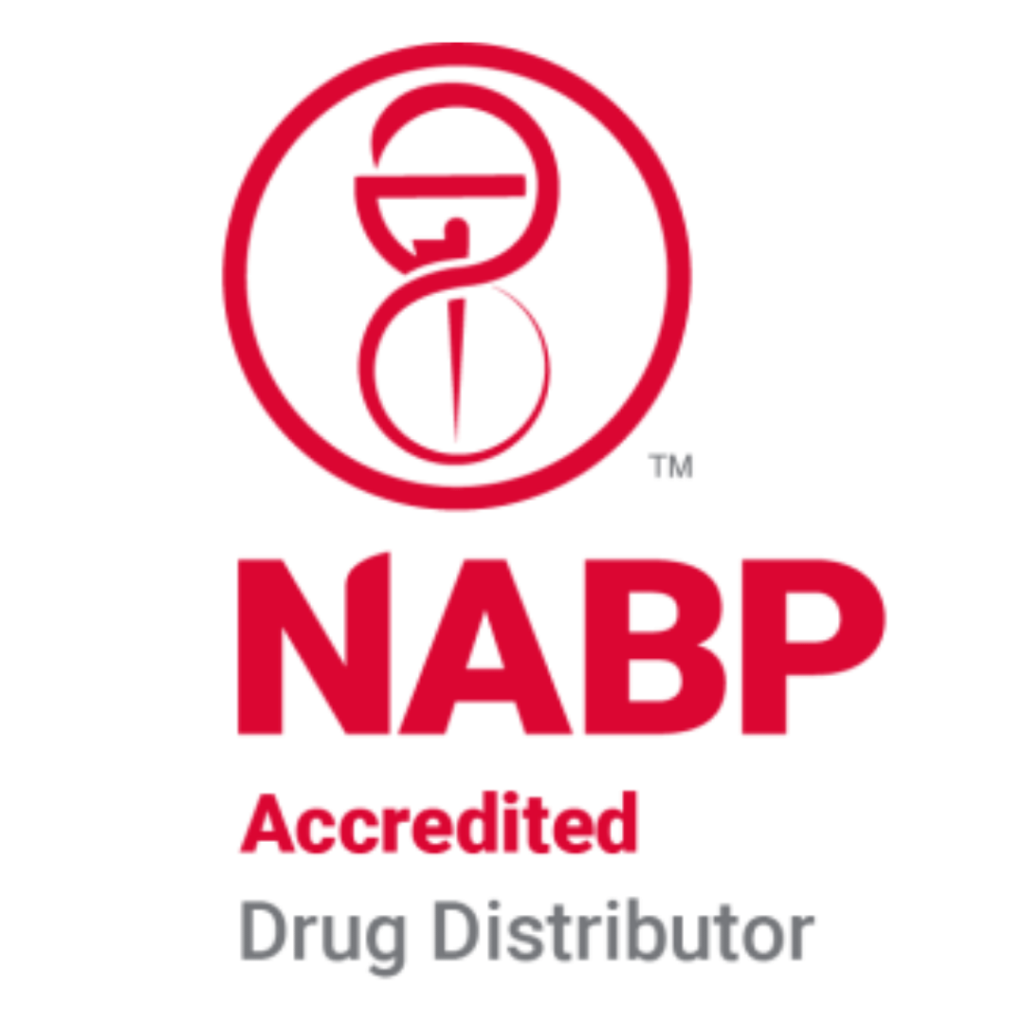Earlier this year, healthcare professionals convened under the auspices of the National Health Care CEO Council on Gun Violence Prevention and Safety. This gathering marked a pivotal moment as leaders from across states united to strategize on evidence-based firearm injury prevention. Collaborating with the Ad Council, the CEO Council initiated a campaign steering away from divisive debates to focus on effective, proven approaches.
Ahead of the 10th annual National Gun Violence Awareness Day on June 6, these healthcare leaders were invited to the White House for further discussions on the persistent challenges in firearm safety.
Health systems and hospitals nationwide witness firsthand the profound toll that firearm injuries exact on communities. From frontline healthcare workers to first responders and behavioral health providers, these professionals collectively handle tens of thousands of firearm injury cases annually.
While addressing firearm safety remains daunting, healthcare providers have identified common ground and broad consensus on viable pathways forward.
Collaborative Progress
In the Intermountain West, renowned as the “Suicide Belt,” the prevalence of firearm ownership exacerbates the region’s higher suicide rates. Intermountain Health has long been proactive in partnering with local firearm advocacy groups to distribute gun locks throughout their communities. These locks serve as crucial deterrents, buying precious time in critical moments — potentially saving lives.
Research underscores the urgency: 73% of those contemplating suicide proceed to attempt within three hours of deciding. Intermountain Health’s community health team is committed to expanding their gun lock distribution efforts. They have already disseminated approximately 67,000 gun locks since 2019, leveraging partnerships with grocery stores, pharmacies, and even gun shows to ensure accessibility.
Enhancing Mental Health Resources
Securing firearms is just one facet; normalizing conversations about mental health is equally vital. Mental health and suicide prevention consistently emerge as top priorities in Community Health Needs Assessments across hospitals. Intermountain Health has spearheaded comprehensive training initiatives, equipping over 57,000 first responders, caregivers, and educators with Counseling on Access to Lethal Means tools. This program empowers professionals to engage individuals grappling with suicidal thoughts, fostering environments where they can safely relinquish firearms to trusted individuals while seeking help.
A Unified Approach
These initiatives are not about an anti-firearm stance but rather a community-driven philosophy forged in collaboration with firearm owners and advocates. Recognizing diverse perspectives on firearm ownership, the overarching goal remains universal: safeguarding loved ones and neighbors during moments of crisis by introducing critical time and distance from firearms.
As the nation grapples with these complex challenges, the efforts of healthcare providers, bolstered by support from organizations like NAS, offer a beacon of hope. Together, we advance strategies that save lives, promote mental well-being, and foster safer communities across America.






